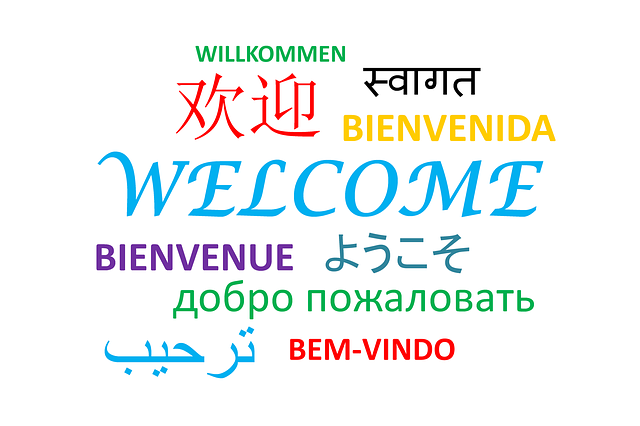A simple “thank you” can open doors and build warm connections in any culture.
Let’s explore how to express gratitude in five different languages!
Spanish
1. Word Overview
- Native Word: Gracias
- English Translation: Thank you
- Part of Speech: Interjection
- Gender: Not applicable
- IPA: /ˈɡɾa.sjas/
2. Example Sentence
- Gracias por tu ayuda.
- Thank you for your help.
Gracias is often followed by por + noun or verb (infinitive).
3. Mini Grammar or Culture Note
Spanish speakers often say muchas gracias (many thanks) or mil gracias (a thousand thanks) for emphasis.
4. Daily Practice Challenge
Say out loud 3 things you’re thankful for today in Spanish using the structure: Gracias por…
Italian
1. Word Overview
- Native Word: Grazie
- English Translation: Thank you
- Part of Speech: Interjection
- Gender: Not applicable
- IPA: /ˈɡrat.t͡sje/
2. Example Sentence
- Grazie per il regalo!
- Thank you for the gift!
Use per to say “thank you for…” in Italian.
3. Mini Grammar or Culture Note
Italians often add mille after grazie to say grazie mille – “a thousand thanks,” which is very common and friendly.
4. Daily Practice Challenge
Write a one-line thank-you note in Italian to a friend, real or imaginary.
Portuguese
1. Word Overview
- Native Word: Obrigado (if male speaker), Obrigada (if female speaker)
- English Translation: Thank you
- Part of Speech: Past participle used as interjection
- Gender: Agrees with speaker
- IPA: /o.bɾiˈɡadu/ (m), /o.bɾiˈɡada/ (f)
2. Example Sentence
- Obrigado pela comida deliciosa! (spoken by a man)
- Thank you for the delicious food!
The word changes depending on who is speaking, not who you’re thanking.
3. Mini Grammar or Culture Note
The word obrigado/a literally means “obliged” — a formal way to say “I’m grateful.” In Portugal, the gender agreement is used more consistently than in Brazil.
4. Daily Practice Challenge
Practice both forms of thank you and say them with a smile in the mirror!
German
1. Word Overview
- Native Word: Danke
- English Translation: Thank you / Thanks
- Part of Speech: Interjection
- Gender: Not applicable
- IPA: /ˈdaŋ.kə/
2. Example Sentence
- Danke für deine Zeit.
- Thank you for your time.
Use für to say “thank you for…” — followed by a noun in the accusative case.
3. Mini Grammar or Culture Note
To be more polite, say Danke schön (thank you kindly) or Vielen Dank (many thanks). Germans often respond with Bitte (you’re welcome).
4. Daily Practice Challenge
Make a list of 3 polite German expressions using danke, like Danke sehr or Vielen Dank.
French
1. Word Overview
- Native Word: Merci
- English Translation: Thank you
- Part of Speech: Interjection
- Gender: Not applicable
- IPA: /mɛʁ.si/
2. Example Sentence
- Merci pour le café.
- Thank you for the coffee.
Use pour for “for” — just like in English.
3. Mini Grammar or Culture Note
To be more polite or expressive, say Merci beaucoup (thank you very much). The tone is important in French — say it warmly.
4. Daily Practice Challenge
🎙️ Record yourself saying Merci, Merci beaucoup, and Merci pour… to get used to the rhythm.
Multilingual Bonus
| Language | Word | Pronunciation |
|---|---|---|
| Spanish | Gracias | /ˈɡɾa.sjas/ |
| Italian | Grazie | /ˈɡrat.t͡sje/ |
| Portuguese | Obrigado/a | /o.bɾiˈɡadu/ / /o.bɾiˈɡada/ |
| German | Danke | /ˈdaŋ.kə/ |
| French | Merci | /mɛʁ.si/ |
Try saying them all in a row — you’ll start hearing patterns and differences. That’s the magic of multilingual learning!

